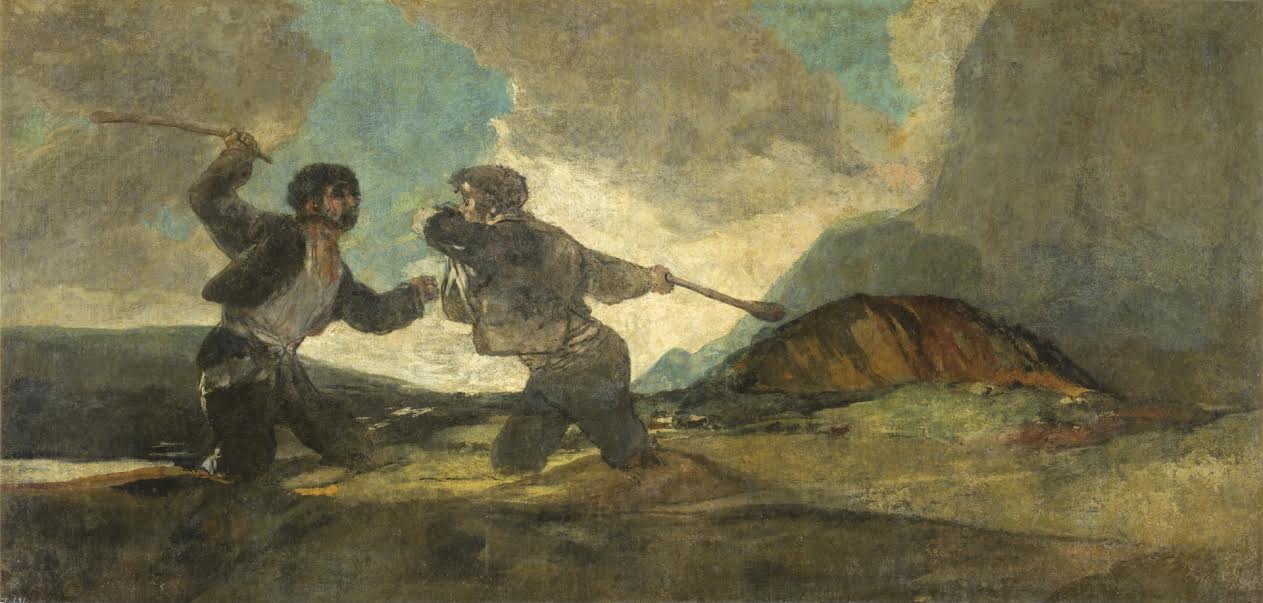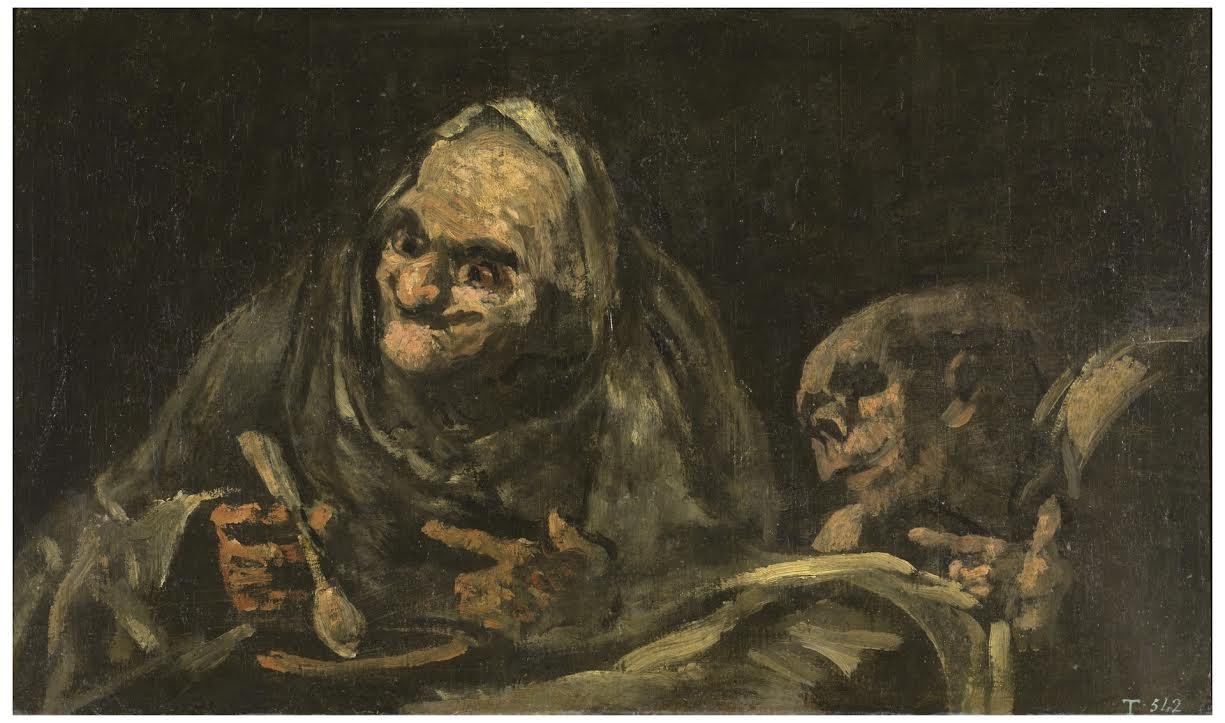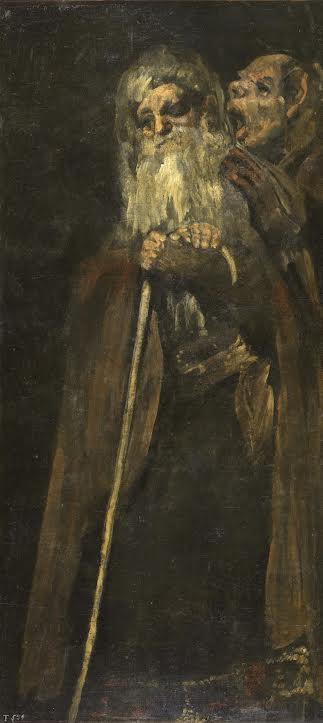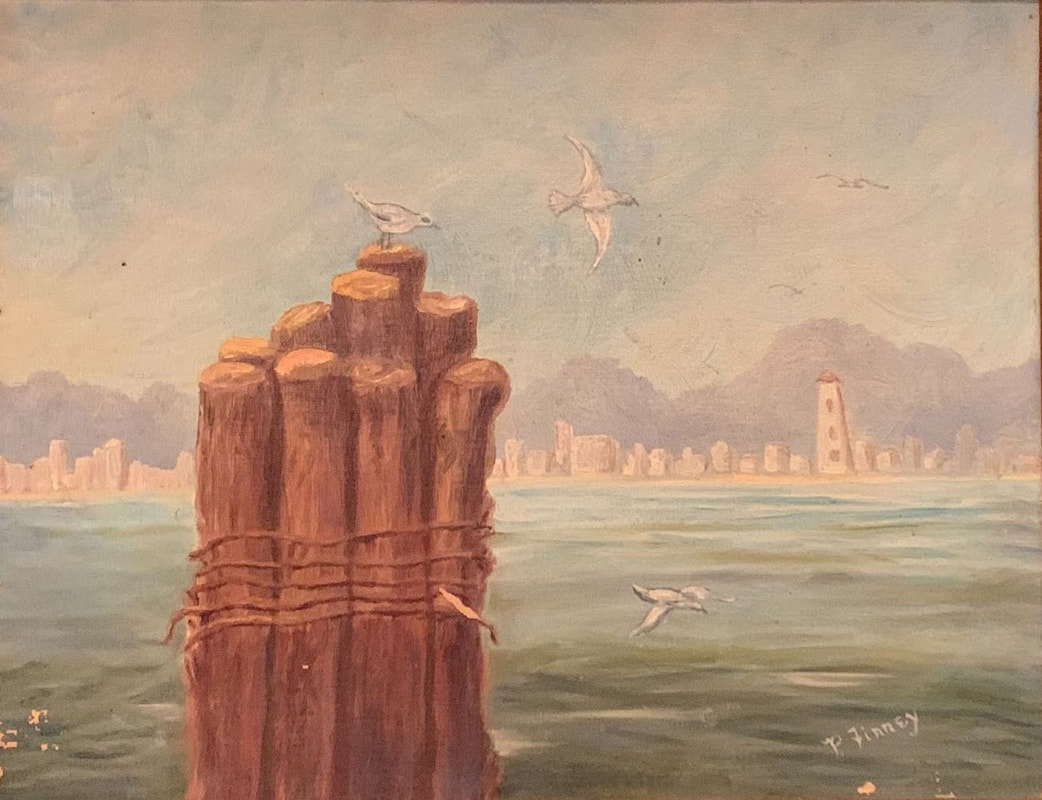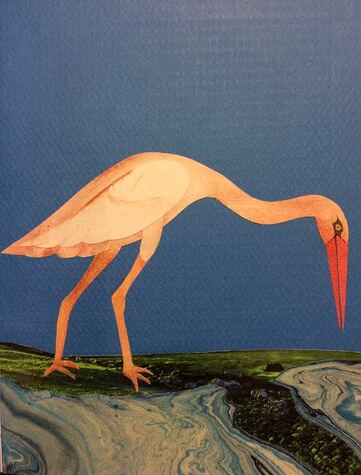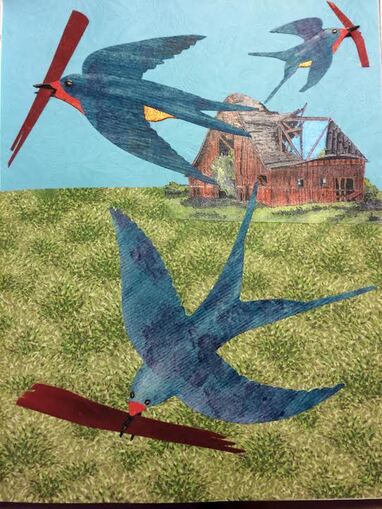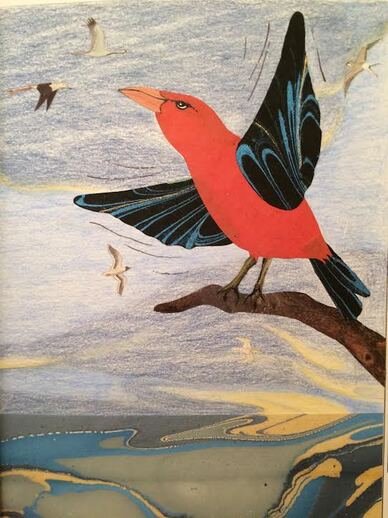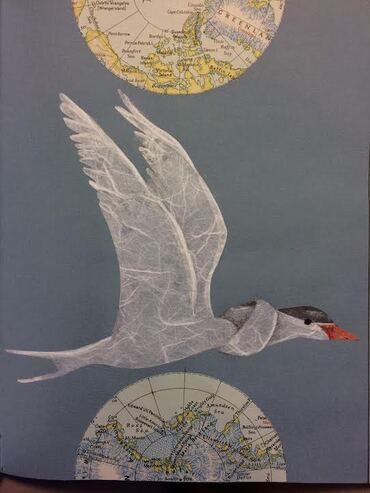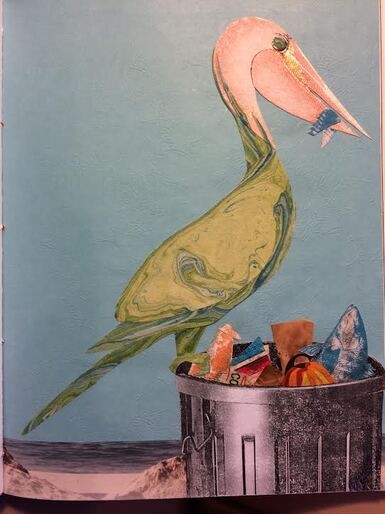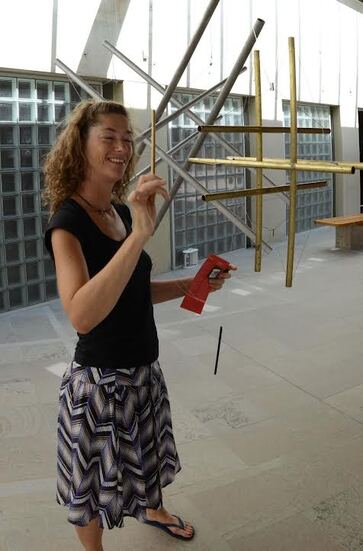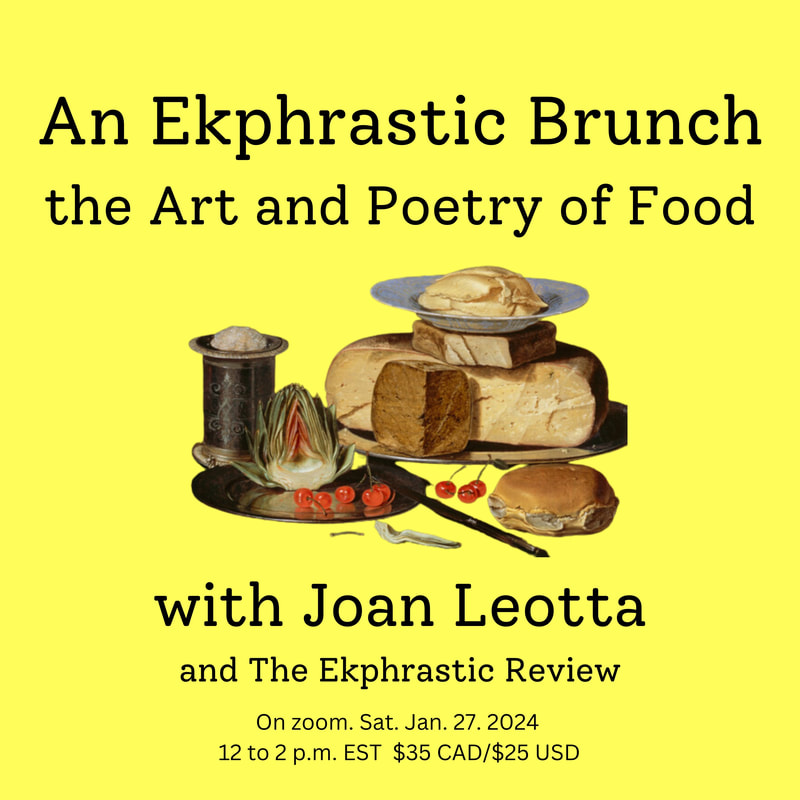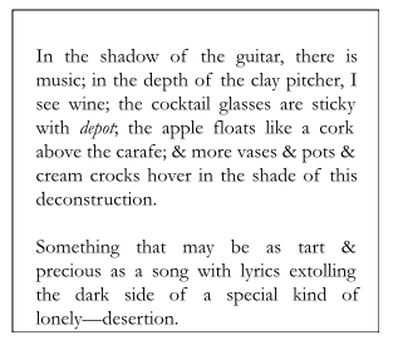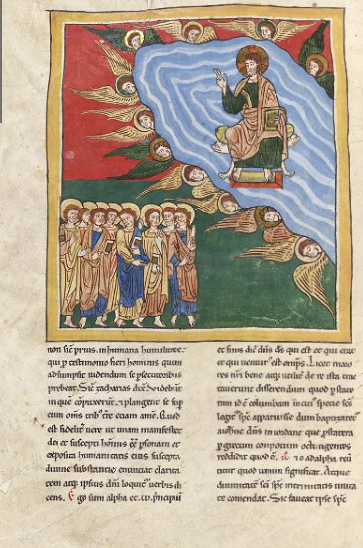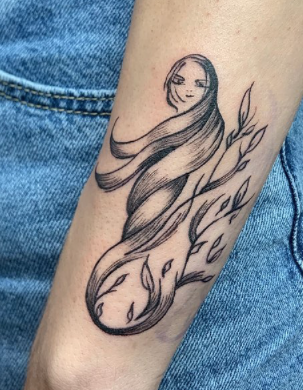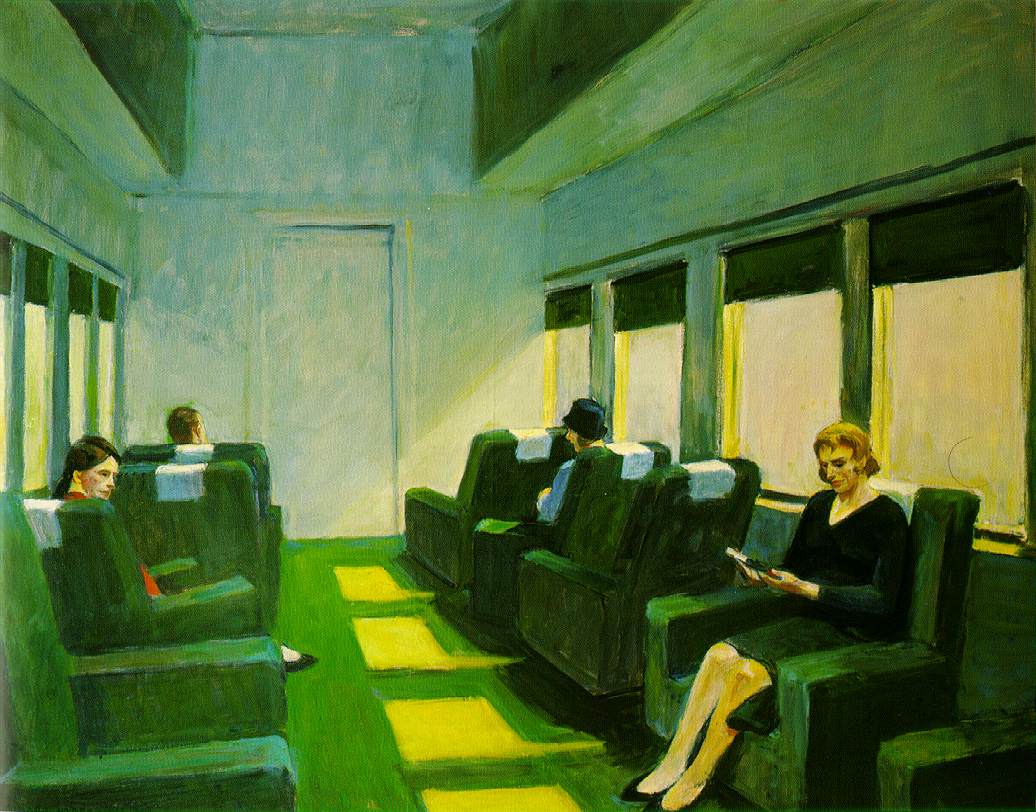|
Farm Life I'll feed them biscuits as soon as they sit down, after they've washed in cold water poured from a cracked pitcher into a mismatched bowl and dried with an old flour sack. I'll fill their bellies with biscuits and fatback with a thin strip of bacon cut from that sow who bit me, and one egg for each because half of our chickens are too young to lay right now. I told Samuel to butcher that mean sow but he wouldn't, said she was a good breeder, so I killed her, bled her and hung her in the cooling shed when he was working the fields. He let her hang for days to punish me, knowing I'd finish her before the meat could spoil. I skinned and gutted her, saving the entrails for sausage casings, packed most of the meat in quart jars for canning, set aside the ribs, scraps for sausage, side meat and more for curing. Samuel took over while I rendered the fat in a cast iron kettle knowing it had to be stirred constantly while the lard cooked out. That was the first time I felt the baby kick and I ran upstairs to tell Mother, then back to the kitchen to stir the kettle and worry over what chores needed to be done before he arrived. Samuel insists we have a boy first to help on the farm, as if he can order up a son, but I want a daughter for the pleasure of her company and a little help of course. Mother and I are the only women among five men at our table, Samuel and four hungry field hands, and I have more men to feed who sleep in the barn at harvest time. Mother is sickly, stays in her room most of the day, does little but dusting and mending. She has delivered eleven babies including one of her own, my sister Bertha who died from diphtheria before her third birthday, and I want her here to deliver mine. It's nearly dawn now. The men sit down, drink their first cup of coffee, slather butter on hot biscuits and dig into their breakfast. As soon as they leave I'll wash up and start cooking dinner. They'll be starving by noon after working hard all morning. Jill Loomis This story was written after In the Distance by Andrea Kowich (USA, contemporary.) Click here to view. Jill Loomis is an emerging flash fiction writer and a New Yorker, lucky to live within walking distance of museums, live theatre and Central Park. She began writing for pleasure in 2019 following a career raising funds for nonprofits. Her first piece was published in STORGY Magazine, and one received honorable mention in the 2021 CRAFT Flash Fiction Contest. Jill is an enthusiastic participant of SmokeLong Fitness and more writing workshops.
0 Comments
Duel While children, we battled with twigs off orange trees in bloom, kicking up dust in neglected patios, leaving playful welts scented bright and bittersweet. As we’ve grown, sweet and sickly mold baked in the sun, the same person severed to distant scowls across run-down bars.. We slipped, or I slipped, and through booze-stained breath we agreed for one final time. We dig up old wounds, deeper than before — blood on branches grown thick and calloused. As the sky turns away; the earth devours us as if already dead. Two Old Men Eating Soup And, of course it took a while, yes, but now we’re fast friends. That’s always the way, isn’t it? Yes, I think so. Y’know, when I first met him, he was loud- mouthed as all hell! You can’t tell from the look of him now, can ya! So demanding, too… How time mellowed him out! Please take a seat, yes, and stay a while. I’m sure you’ll fit right in, eventually. Two Old Men Surely you feel him, right? You must feel his chin brush against your shoulder, feel his rotten breath as it blows past your ear and lingers in your sinuses, reeking of decades of decay. Your body threatens to convulse as you try not to move. What does he whisper to you? What secret is he sharing with you, and you alone? You brace yourself, both hands trembling on your cane. You try not to hear each ragged sound, the taunting lilt, drawn from the earth. Separate each syllable and try to ignore that he’s telling you something that you really should know by now. Fight against it, but how long can you really last? Listen to what he says -- After all, you are still learning. The Drowning Dog And what do I look to as I drown? The sky turned away, offers nothing but bleak reflection: The ocean rising, a swelling sea that rises like a landless mount. The crowd of tides and currents and swells are shoving, jostling me, now one way, now another, never letting one have the advantage, pushed always back to the same plot (If I moved, would I know?), where land has abandoned me, where sun has refused to look, where the only welcome direction is down. I, low below the crest, am ragged and unweathered - disrolled. Still, my eyes are locked where torment meets the clouds, and I wait. Pilgrimage to San Isidro I. I walk onwards, stretching to the horizon. Thousands of feet amble in polyrhythm as I, amorphous, drift over hills and throng through valleys, leaving matted grass and litter behind. An argument breaks out between me — shortly silenced. I begin to play guitar. I complain, and I sing along. I cry out, rueful — I laugh in turn. Beyond hills, I continue. I play a crooked game of dice into a hat. I lose and argue, wine-fueled boasts and refutations flying from my lips. Smug, I take my winnings. I’ve developed this nasty habit of walking -- maybe for the sense of progress, or maybe just the fresh air. I tell me about how I heard from me (you know, always wearing that strange hat?) that I am meant to travel to some holy ground. A man apart stands before me. The fear in his eyes betrays the scowl on his lips. Why not invite him in? I strum with new vigor, augmented and out of tune. I sing, tracing the words of a well-worn hymn. I sing, mouth agape as I belt pitches that resemble some tavern ballad. I sing, armswide as I approach, always onward. II. At another time, I might have seen the dying leviathan and called it beauty. I might have seen a pleasant picnic formed from twisted limbs. I cannot see them anymore. — but maybe, maybe if you asked, I could tell you about the beautiful day it was, the way the fountain shimmered, and maybe even a story of rebirth. I could tell you about a group of travelers, amicable, set against the hills, the sun high above the chapel as pilgrims celebrate their arrival. I think, at one time, maybe, we could be made whole by water or sun. I’ve forgotten. Now, there is nothing that might heal, only a dying mind, a silence but for an overpowering song as it begins to rattle a guitar. It gets closer. It plays for me, I think. I hear nothing, but I understand. There is nothing left to do but sing along. Lucas Davis Originally from Macon, GA, Lucas Davis is an American poet living in Madrid, Spain. His writing tends towards ekphrastic poetry, and has appeared in Unstamatic, Healthline Zine, and others. He can be found at @Oddi_Teas on Twitter. Peace Within Me The wooden post greets me, taking hold of my attention. It’s old and worn, used as a landing post for the white terns that glide in its vicinity. The landscape is peaceful, devoid of all human interaction. Two worlds separated by the dividing of the sea, both left alone in their cognizant machinations. Our perspective is zoomed outward; the ocean is vast and ever-present– upholding Mother Nature’s dominance. The buildings merge into one another like a white splotch on a black canvas, indistinct yet noteworthy. Scanning the painting, I see many ways to return to this spot. However, I continue to lose myself. The image is vague and unknown to me, yet I know much about the woman who created it. It’s a scene foreign to my eyes, but it reflects a sanguine paradise. We are small in the eyes of Mother Nature. I am small. Barren of life, the distant mountains cascade over the town's top. Shoving their outstretched hands over my mouth, I can’t breathe. All I can feel is peace, grateful for the experience. Levi Finney Levi Finney is a college student studying project management and is engaged in the arts. He enjoys reading, writing, and playing video games. When not inside, he spends time at the gym or taking long walks in the forest. This is his first submission to any creative writing journal. The Common Regret Their colour is blush, and their prominent trait is their ploddingly slow, bent-over gait, as if in constant rueful state. Regrets forget their weather eye, get caught in squalls. Sometimes they fly south in summer, where they fry. Confusing parenthood with play, on roller coasters Regrets lay their eggs, which very seldom stay. They can’t fly straight; they simply swirl. They doze, mid-air, with feathers furled. Regrets are rueful round the world. Barn Swallower Swallower flocks divide in teams and feast on rotting boards and beams; old country barns will soon be dreams. All those chips of barn red paint on which they munch without restraint give undersides a ruddy taint. These birds can’t help ingesting nails which over time elongate tails, especially those of Swallower males. They migrate with their next of kin, Bank Swallowers, who bite in- to fiscal structures wearing thin. Scarlet Manager Bossy, breeding Manager males jerk their jet black wings and tails and their red bodies, pointing trails from vantage points on limbs and wires. They’re self-appointed specifiers of migratory lines for flyers. A Scarlet Manager’s buzzed Chick-burr will roughly mean, “You must concur.” A Chip-churee: “Of course I’m sure!” From lofty perches, they eat fruit, insects (any kind will suit) and sometimes, lagging wrens en route. Knotty Tern The only tern with knotted neck, the Knotty makes one double-check. Ornithologists have spec- ulated that in Knottys’ goal of migrating from pole to pole, the howling west wind took its toll: surviving fledglings grew up learning to follow flocks in circular turning. All that constant, looping, churning has twisted necks since time forgot. In little bites, they eat a lot. They mate for life—a one-shot knot. Parrocan Found along the southern coast, this hybrid parrot is a close kin to pelican. Verbose, it mimics jeers at campaign speeches, car alarms, sirens, screeches, blaring radios on beaches. It feeds on trash. Its favorite bit is fish-on-crackers, to befit the Parrocan’s genetic split. In courting phase, the eager males will offer females fishy tails displayed in bills of sliding scales. Barbara Lydecker Crane Barbara Lydecker Crane was a Rattle Poetry Prize finalist in 2017 and 2019. Her fourth collection, You Will Remember Me, sonnets in the imagined voices of artists through history, with many colour reproductions, will be published in October 2023 by Able Muse Press. It's been awhile since we had a Throwback Thursday. These features are important reminders of the wealth of ekphrastic literature in our archives! By highlighting give or take ten pieces from our past, we invite readers to wade into the past. The benefits of the blog formula for our journal include daily publication and easy to share posts, but without specific issues, the treasure ends up hiding in the background. Here is a reminder to use the search button with an artist's name or the name of a favourite poet. Or click on our ekphrastic challenge archives and dip into a feast. You can click randomly on a month and year in our past under Archives in the sidebar and read forever! We are so thankful for Kate Copeland, who has been a regular contributor and longtime friend of the Review, and who is now one of our editors. She takes the helm regularly in the challenge department and we adore the contemporary and thought provoking works she brings to the table. We are thrilled that she has a Throwback Thursday list for you! You can send us a TT list, too, along with a Throwback photo of you. Use the format you see here- title of piece and author, link, and a phrase or two about the piece (or a pull quote from it.) You can choose works on a particular theme, gathered from the archives, such as "the sea," "love poems," "Da Vinci," or "Works after Black Painters." You can choose at total random. You can highlight your favourite poet(s). You can pick your favourite works from over the years. Anything goes! Send your TT lists and TT photo to theekphrasticreview@gmail.com anytime with THROWBACK in the subject. THANK YOU KATE!!!! ** Georgia O’Keeffe Looks Over Her Shoulder, by Anne Higgins https://www.ekphrastic.net/the-ekphrastic-review/georgia-okeeffe-looks-over-her-shoulder-by-anne-higgins What a gorgeous idea, to use an unknown artist and image as the prompt to O’Keeffe fears and goals and wishes…Higgins' poem just makes one fall in love with the painter and way of being. Amazing! ** My Dali, by Paul Brookes https://www.ekphrastic.net/the-ekphrastic-review/my-dali-by-paul-brookes Dali…now there is a prompt! I just love how one is being thrown back (no pun intended…) to teenage thoughts. Brookes has written a very vivid piece. ** On A Love Supreme, by Portly Bard https://www.ekphrastic.net/the-ekphrastic-review/on-a-love-supreme-by-portly-bard Poet Bard just keeps on writing and writing the most beautiful ekphrastic pieces, he is good! I just chose this one because of the sun, and the moon, and the Love! ** At the Pool Party for My Niece’s Graduation from Middle School, by Nancy Ludmerer https://www.ekphrastic.net/the-ekphrastic-review/at-the-pool-party-for-my-nieces-graduation-from-middle-school-by-nancy-ludmerer Ludmerer has written a flash piece that reads POOL indeed, the description of swim wear sets the tone, as does a drowning in desire. ** Nuclear Alchemy, by Sandi Stromberg https://www.ekphrastic.net/ekphrastic-journal/nuclear-alchemy-by-sandi-stromberg?fbclid=IwAR3z-Eckry-zD9ah-XjpwbGHI6Ed6wvoq5qAiCm_b_E4PxxcMTivw78_GWY Such an original prompt, such an original poem! Imagine writing a poem to Trinitite indeed. I love the imagery in Stromberg’s piece, from the quiet cleanliness of the desert, to Los Alamos as site of conception. ** Star Swallowed, by Olivia Wolford https://www.ekphrastic.net/the-ekphrastic-review/star-swallowed-by-olivia-wolford Quote: “…she’d been a hazy child, more curtain of water than girl.” Say no more, just read Wolford! ** Threshold, by Mary Gilonne https://www.ekphrastic.net/the-ekphrastic-review/threshold-by-mary-gilonne Edward Hopper is one of my favourite painters, and I always think it is quite a task to write a proper poem that matches his way of storytelling. Gilonne’s poem is a match, I’d say! You can just feel the doubt, whether to leave or stay. Beautiful… ** is that all there is, by Kerfe Roig https://www.ekphrastic.net/the-ekphrastic-challenges/ekphrastic-responses-joseph-cornell I like the sound of these two stanzas: “ but meantime everything is moving beyond is watching blurring falling behind but where is when and why is it always between the getting on the getting off the port of call unanswered just keep moving crossing riding piling up gone but mostly not stopping it must be the wind or maybe a wave both sides around repeating maybe and maybe not the focus shifting now the other side is turning all “ ** Cut with the Cake Knife, by Kenneth Pobo https://www.ekphrastic.net/the-ekphrastic-review/cut-with-the-cake-knife-by-kenneth-pobo Pobo’s poem comes from an extraordinary mind and pen, I would say…how on earth is it possible to come up with such a creative and superb and funny poem, prompted by a painting that does not give that much away (imho). I was looking for a quote, but I cannot choose just one. Read it, please, do! ** Kate Copeland’s love for language led her to teaching; her love for art & water to poetry…please find her pieces @ https://www.instagram.com/kate.copeland.poems/ & The Ekphrastic Review, Wildfire Words, Gleam, AltPoetry a.o. She is curator-editor for TER and runs linguistic-poetry workshops for IWWG. Kate was born@harbour city and adores housesitting@the world. Two great workshops ahead on Zoom! You won't want to miss the Ekphrastic Brunch with Joan Leotta. She's an amazing storyteller and gifted guide. Our introduction to ekphrasis is perfect for new readers or tempted writers, or seasoned pros who want a refresher look at how it all began. Scroll below to sign up! An Ekphrastic Brunch with Joan Leotta
CA$35.00
Bring your tea, coffee, and breakfast and join longtime friend of The Ekphrastic Review and well-known culinary storyteller Joan Leotta. In this special workshop, Lorette will show a brief food tour through art history. Joan will share ways to look at food in art and direct a couple of writing exercises. Dig in! A Beginner's Guide to Ekphrastic Writing
CA$35.00
Join us on January 31 from 4 to 6 pm eastern time for an introduction to ekphrastic literature and the world of The Ekphrastic Review. We will look over some of the long history of ekphrasis, and share ideas about how writing about art improves your writing, imagination, and your life in general! This session will take us back to basics for those who are just starting to dabble in ekphrastic writing, but it will be fun as a refresher too. We will do some playful exercises to generate ideas but the focus will be on ekphrastic history, definitions, benefits, and approaches. Cathy Wittmeyer
Cathy Wittmeyer hosts the Word to Action retreat in the Alps and edited the upcoming anthology: Eden is a Backyard: Climate poems from Word to Action from Eupolino Verlag. Her poems explore climate wreckage and human frailty. Her work has appeared in Isele Magazine, Superpresent, Tangled Locks Journal and Book of Matches among others. For more on this engineer/lawyer, mom and poet from Buffalo, NY, see https://cathywittmeyer.com Apocalypse When the sky splits and everyone dies of fear, seeing the angels looking through to them when all the terrible creatures God made visible to Ezekiel descend to Earth, living indeed to cleanse it of our traces when the massed wings of the Heavenly Host fill the page of the codex in rank on rank, an appalling tessellation of black and scarlet and gold and coming after you, sinner: how can you tear yourself away from the spectacle of these warnings? Look at the artist, bending all his concentration onto the last feather and staring eye conscientiously obsessively at work, while under his window the world grinds on. There is tyranny, there is disease and famine. Soldiers come. The poor suffer. The rivers are turned to poison without that bitter star. Judith Taylor Judith Taylor was born and brought up in Perthshire, Scotland. She studied English and Mediaeval History at St Andrews University and spent the early part of her career as a librarian. She now lives and works in Aberdeen, Scotland, where she is a co-organiser of the monthly Poetry at Books and Beans events. Her poetry has appeared widely in magazines and anthologies: her first collection, Not in Nightingale Country, was published in 2017, and her second, Across Your Careful Garden, is out now from Red Squirrel Press. She is a longtime volunteer with North-East Scotland’s literature and art magazine Pushing Out the Boat and is one of the Editors of Poetry Scotland. http://sometimesjudy.co.uk/ Notes to a Witch When she is unable to stop the heavy heart from swaying away on heavy tails, more decidedly during winter, less magic where love seems cold, beyond a longing water - When she feels fairly quicksandy, however trying, catching a shadow’s spell in his blue eyes, brightly blended with grey - There is where she lasts unbroken, seizing the crisp-cripple sky, covered in leaves, she re-gains strength for new spring to come. Then is when she sees a witch painting her waves, around the white heather, and if ever she needs more magic, she notes: She knows a collection of raven, sable, and knows that leaves grow back in cornered parks. New love, a precious day ahead. She knows a collection of roots, and counts on circling, to a longing place, holds out despite the cold. A shawl decidedly around her shoulders. Notes taken. Kate Copeland Kate Copeland started absorbing books ever since a little lass. Her love for words led her to teaching & translating; her love for art & water to poetry…please find her pieces @The Ekphrastic Review, Poets’ Choice, First Lit.Review-East, Wildfire Words, The Metaworker, The Weekly/Five South, New Feathers, AltPoetryPrompts a.o. Her recent Insta reads: www.instagram.com/kate.copeland.poems/ Over the years, she worked at literary festivals and Breathe-Read-Write-sessions, recent linguistic-poetry workshops were via the IWWG (more workshops in the making). Kate was born @ harbour city and adores housesitting @ the world. Chair Car, 1965 by Edward Hopper Even the sun is trapped inside. Just a front wall with lines to define door. But no handle. Gradations of yellow, blue, green tempered. Stroked by white. Like shined glass on the verge of shatter. And in 1965, painted two years before he dies, trains named Chair Car might have been this. Real. Still. Composed motion. Sun sifted through blinds lifted, splat as four yellow flags on the aisle between four pairs of alternate occupied and unoccupied green velvet chairs. White doilies for necks. No two of the four people are near each other. Beside and behind each is an empty seat. One man. Three women. Locomotive pull somewhere behind us or in front of us. No child waving outside. The blind right windows translate light dead on the floor. The two women could look at each other across the aisle. The man stares. We see the back of his hair. The woman behind the seat behind him is swiveled to almost make eye contact with the woman across from her looking down at her book unopened. They are mannequins? No. They are Josephine. Jo, his wife, his model, silent in his swirls. She was an artist too. And sometimes got a small show. I am trying to feel, know, see what great art is. In the Whitney museum with my students, in 1996. I showed reproductions in the classrooms. I told them his lighthouses are his self-portraits, as Jo said. But Berneal wrote, “this lighthouse…with no one to know within.” I didn’t tell them Jo said all the dead birds attracted to the lighthouse were her (Jo’s diary) but Patrick wrote, “She doesn’t know what to do./The wall looks like sky reflected in water./The green’s the land.” Erwin wrote “ she keeps her secret…in solitude…” A crowd is gathering. Listening to their comments. The ceiling is closing in. There are no knobs to open gray luggage storage, a thin right angled corridor above the eight seats. There is nowhere to go. Barbara Flug Colin Barbara Flug Colin has published poems, essays and interviews in art, literary and teaching magazines and anthologies. Essays received: Teachers and Writers' 2012 Bechtel Prize; Notable Essay in The Best American Essays 2013; finalist in 2014 Diagram/New Michigan Essay contest, She created a writing program she taught for 26 years at the Henry Viscardi School in Albertson, New York. Finishing Line Press published her chapbook SWIMMING and will publish her forthcoming chapbook, What is the Real Story? |
The Ekphrastic Review
COOKIES/PRIVACY
This site uses cookies to deliver your best navigation experience this time and next. Continuing here means you consent to cookies. Thank you. Join us on Facebook:
Tickled Pink Contest
April 2024
|
